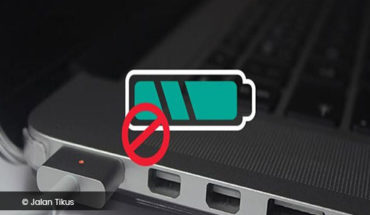A Kuwaiti captain was found not guilty of sneaking alcohol onto a social media celebrity’s yacht, but the Court of Cassation decided to imprison a Filipino expatriate for 3 years and 4 months instead.
After the Filipino captain admitted to delivering the seized goods, the Public Prosecution had ordered that the captain of the seized vessel will not be punished.
Following the OFW’s sentence, he will be deported back to the Philippines.
Alcohol in Kuwait: The Laws, Reasons, and Penalties
Kuwait, a sovereign Arab nation located at the northern edge of Eastern Arabia, has a set of unique cultural, religious, and legal traditions, just like other countries in the region. Among these traditions is a strict prohibition on the production, sale, possession, and consumption of alcohol. This policy might seem surprising to many in the Western world, but it stems from deeply rooted beliefs and principles. Let’s delve into why alcohol is illegal in Kuwait and the penalties associated with its use.
Historical and Religious Background
The prohibition of alcohol in Kuwait is primarily rooted in Islam, the predominant religion of the country. Islamic teachings, as per the Holy Quran, discourage the consumption of intoxicants, including alcohol. Several verses in the Quran warn against the harmful effects of alcohol, emphasising that its disadvantages outweigh any perceived benefits.
Kuwait, as an Islamic state, has integrated many of these religious teachings into its legal system, ensuring that the laws reflect the values and beliefs of its majority Muslim population.
The Laws Surrounding Alcohol in Kuwait
The laws of Kuwait explicitly ban the import, export, manufacturing, selling, and consumption of alcoholic beverages. This ban applies to everyone, including tourists and expatriates living in the country. Contrary to some misconceptions, there are no “zones” or areas within Kuwait where alcohol is legally allowed.
Penalties for Alcohol-related Offences
Kuwait has a stringent set of penalties in place to deter and punish those who violate alcohol-related laws:
- Possession: Being caught in possession of alcohol can result in hefty fines, imprisonment for up to six months, or both.
- Consumption: Being found under the influence of alcohol, even if you do not possess it at the time, can also lead to imprisonment and substantial fines.
- Trafficking and Sale: Those caught selling or trafficking alcohol face more severe punishments, including longer prison sentences and higher fines.
- Driving Under the Influence: Driving while intoxicated is a serious offence in Kuwait and is met with significant penalties, including imprisonment, fines, and a potential ban from driving.
It’s also worth noting that if a foreign national is caught violating these laws, they may face deportation after serving their sentence.
Why Such Strict Laws and Penalties?
Kuwait’s stringent approach to alcohol can be attributed to multiple reasons:
- Religious Adherence: As previously mentioned, the teachings of Islam play a significant role in the country’s stance on alcohol.
- Public Health: The government believes that by banning alcohol, it can protect its citizens from the health risks associated with excessive consumption, including liver diseases, addiction, and alcohol-related accidents.
- Social Harmony: Alcohol is often associated with disruptive behaviour, crimes, and social issues. By prohibiting it, Kuwait aims to maintain social order and harmony.
The prohibition of alcohol in Kuwait is deeply intertwined with the nation’s religious, cultural, and social fabric. While tourists and expatriates may find these regulations strict, it’s essential to understand and respect them while in the country. By doing so, visitors can enjoy Kuwait’s rich history, vibrant culture, and warm hospitality without any complications.
Source Arabtimes













